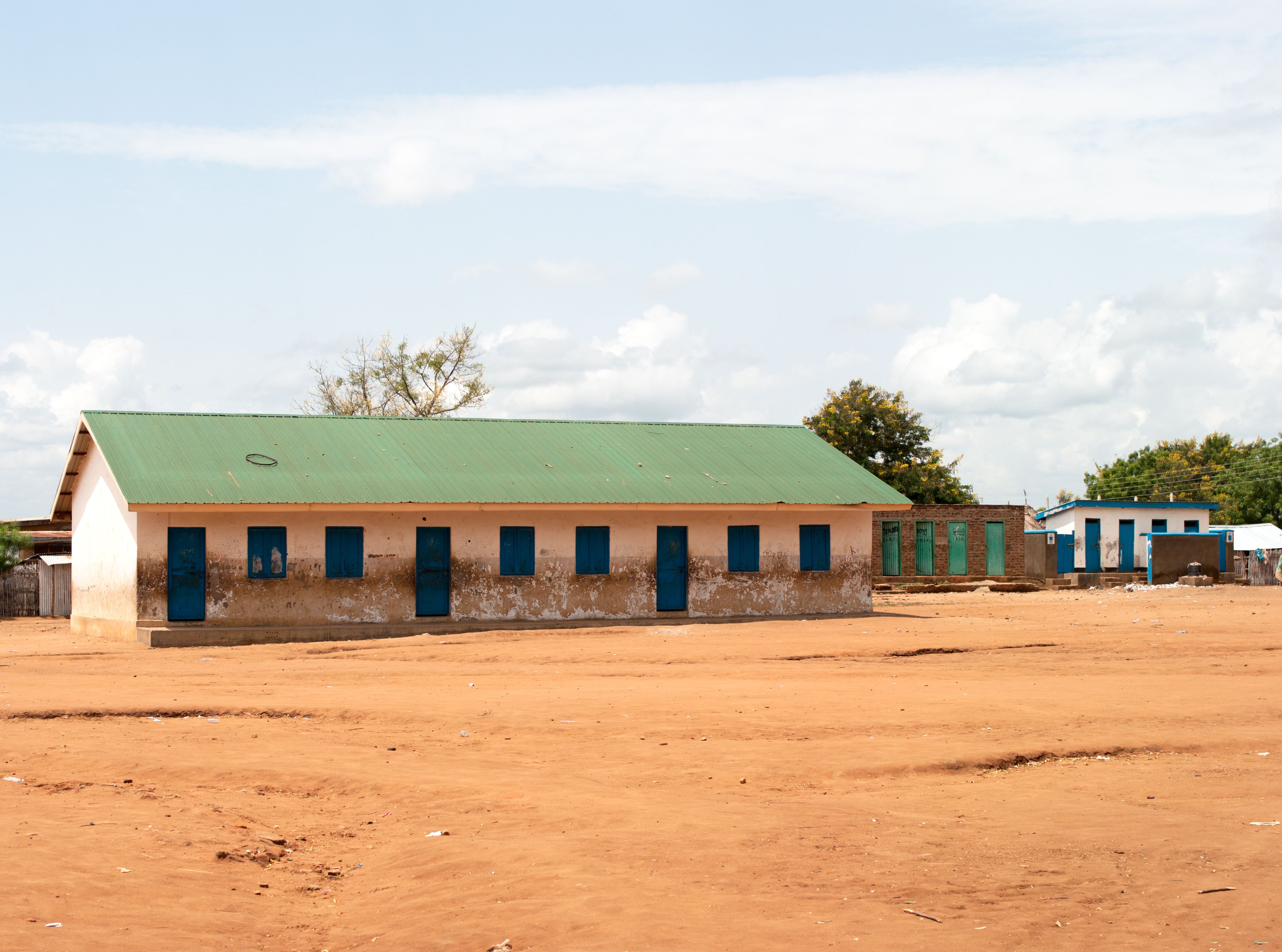Recent Developments in South Sudan: What They Mean
BR
Introduction
South Sudan, the world's youngest nation, has recently made headlines with several key developments. These changes have significant implications for the country's political landscape, economy, and social fabric. Understanding these developments is crucial for those interested in African geopolitics and international relations.
Political Progress
One of the most notable recent developments in South Sudan is the progress in its political arena. After years of conflict, a unity government was formed, which is seen as a pivotal step towards long-term stability. This coalition government aims to foster peace and reconciliation among various factions within the country.

This political progress has been accompanied by efforts to draft a permanent constitution. The drafting process includes consultations with different stakeholders, ensuring that the voices of South Sudan's diverse communities are heard. This inclusive approach is expected to lay a strong foundation for democratic governance.
Challenges Ahead
Despite these advances, many challenges remain. Political rivalries and ethnic tensions continue to pose threats to lasting peace. Moreover, the implementation of peace agreements requires ongoing international support and monitoring to ensure compliance by all parties involved.
Economic Developments
The economic landscape of South Sudan is also seeing changes. Oil production, which accounts for a significant portion of the country's revenue, is gradually recovering. Recent investments in infrastructure and partnerships with foreign entities aim to enhance production capacity and ensure more stable economic growth.

Additionally, efforts are being made to diversify the economy beyond oil. Initiatives in agriculture and technology are being introduced to provide alternative livelihoods and stimulate broader economic development.
Impact on Local Communities
The economic developments have had varying impacts on local communities. While some regions benefit from increased employment opportunities, others remain vulnerable due to limited infrastructure and resources. Addressing these disparities is crucial for equitable development across the nation.
Social Changes
Socially, South Sudan is witnessing a transformation with greater emphasis on education and healthcare. Increased funding and international aid have led to the establishment of new schools and health clinics, aiming to improve the quality of life for citizens.

Moreover, there is a growing movement towards empowering women and youth, who are seen as key drivers of change in South Sudanese society. Programs focusing on skill development and entrepreneurship are gaining traction, providing new opportunities for these groups.
Cultural Preservation
Amidst these changes, preserving cultural heritage remains a priority. Efforts are being made to document and promote South Sudan's rich cultural traditions, which play a vital role in national identity and unity.
Conclusion
In conclusion, South Sudan stands at a crossroads with significant developments shaping its future. While challenges persist, the progress made in political, economic, and social spheres offers hope for a more stable and prosperous nation. Continued international support and internal resilience will be crucial as South Sudan navigates its path forward.